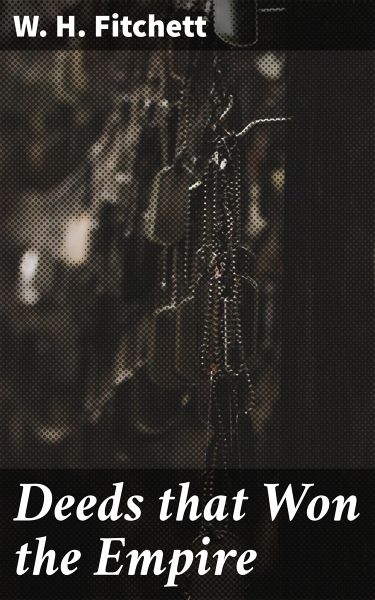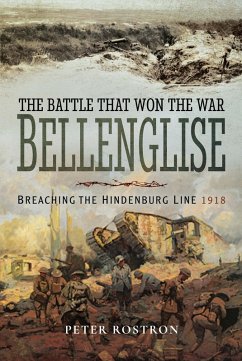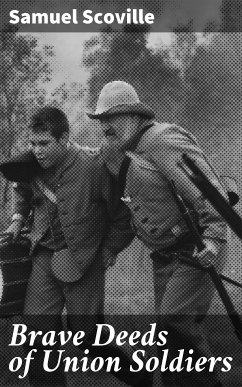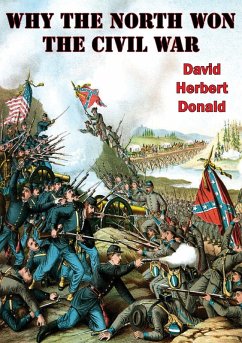
Deeds that Won the Empire (eBook, ePUB)
Enriched edition. Historic Battle Scenes
Kommentar: McAllister, Dylan / Redaktion: Good Press
Versandkostenfrei!
Sofort per Download lieferbar
1,99 €
inkl. MwSt.
Weitere Ausgaben:

PAYBACK Punkte
0 °P sammeln!
In "Deeds that Won the Empire," W. H. Fitchett presents a compelling narrative chronicling the pivotal military events that shaped the British Empire. Set against the backdrop of the late 19th and early 20th centuries, this work deftly intertwines historical analysis with vivid storytelling, bringing to life the actions and sacrifices of soldiers whose deeds served as cornerstones of imperial expansion. The literary style reflects Fitchett's talent for dramatic prose, rooted in the romanticism and nationalism of his era, making the book not only informative but also deeply engaging for readers...
In "Deeds that Won the Empire," W. H. Fitchett presents a compelling narrative chronicling the pivotal military events that shaped the British Empire. Set against the backdrop of the late 19th and early 20th centuries, this work deftly intertwines historical analysis with vivid storytelling, bringing to life the actions and sacrifices of soldiers whose deeds served as cornerstones of imperial expansion. The literary style reflects Fitchett's talent for dramatic prose, rooted in the romanticism and nationalism of his era, making the book not only informative but also deeply engaging for readers interested in history and military affairs. W. H. Fitchett, a noted journalist and historian, was greatly influenced by his own experiences in the Australian colonies and a passion for British imperial history. His background in journalism imbued him with the skills necessary to present historical facts in a manner that captivates and educates, while his commitment to celebrating the British narrative reflects the zeitgeist of the period when the sun seemed never to set on the Empire. Fitchett's insights are drawn not only from his scholarly study but also from a profound belief in the significance of the Empire's legacy. "Deeds that Won the Empire" is a must-read for anyone fascinated by the complexities of imperial history and military valor. Fitchett's engaging style and meticulous research offer readers an opportunity to reflect on the themes of duty, honor, and sacrifice that underpin not just the British Empire, but also the broader human experience of conflict and conquest. In this enriched edition, we have carefully created added value for your reading experience: - Hand-picked Memorable Quotes shine a spotlight on moments of literary brilliance. - Interactive footnotes clarify unusual references, historical allusions, and archaic phrases for an effortless, more informed read.
Dieser Download kann aus rechtlichen Gründen nur mit Rechnungsadresse in A, B, BG, CY, CZ, D, DK, EW, E, FIN, F, GR, H, IRL, I, LT, L, LR, M, NL, PL, P, R, S, SLO, SK ausgeliefert werden.













